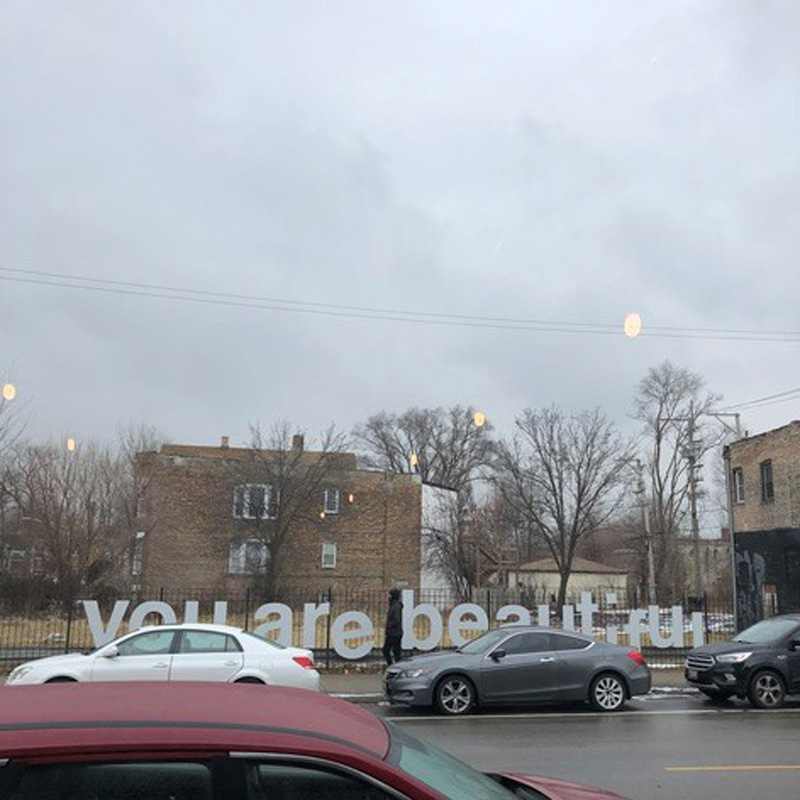
This week I had a chance to visit Englewood, a neighbourhood in transition on the south side of Chicago. Englewood has been known for its crime and poverty. There are about as many people living in Englewood as there are in Chestermere, but the problems that this neighbourhood has had to deal with are truly remarkable. There are about 1-2 homicides a week in this small community, average income is $12,000 a year, and one in three have not completed high school. And for those who are in school, teams of people in yellow vests help kids walk home from school safely. Theft, arson, vandalism, and violent crime are significant.
Pastor Jonathan Brooks, the author of “Church Forsaken: Practicing Presence in Neglected Neighbourhoods” invited me to the neighbourhood to learn about the ways that his community is turning around the story of Englewood. He invited me to visit the Kusanya Cafe, an initiative “owned, operated for, and sustained by the Englewood Neighbourhood.” This cafe is the only business without bars on the windows and offers a big welcoming space where people can sit, gather, and connect. This cafe is anything but ordinary, it stands out in a big way. In a place with so much violence and crime, some thought the cafe would not last long.
Those that run Kusanya cafe have a new way to live in the community. Instead of just setting up shop to sell coffee from behind a counter, they decided to ‘practice presence.’ Brooks told me that in the past when dealing with social challenges, some groups would offer programs or handouts, others would seal up the doors and keep to themselves. However he believes that the way forward us to open up, sit together, and recognize that it is people, not programs, that will transform their community. Kasanya means, ‘to gather together,’ and this is exactly what Brooks and others are doing. It is making a difference, they are making a difference.
Jonathan Brooks explained to me that, “The attitude you have about how you own your place affects how you live in it. If you do not care about your place then you will not care about the people there. Whatever your narrative about your place, that’s how you treat it.” By making their cafe about people, and by telling a new story about their neighbourhood, they are transforming it. Recent reports say that crime is going down, and Brooks tells stories of local people protecting the cafe from vandalism or crime.
Chestermere’s story is different, but we do share one important commonality: we also have people and a place that can be loved. The stories we tell about others, the narrative we have for our city, and the attitude we have towards our neighbours will affect the way we thrive, or suffer, together. If Chestermere is just a place where we sleep and live in isolation, we will create a community with growing division and disinterest in each other. In time, we might care less about our city, and it will show. What I learned is that we cannot simply live here, we must also practice presence here. We must find ways to show up, engage, care, and make something special together, and for each other. It’s complex and requires creativity, but if we turn to the wisdom of those who are working hard to turn around some of the most challenging neighbourhoods in North America, we can make good things grow here too.






